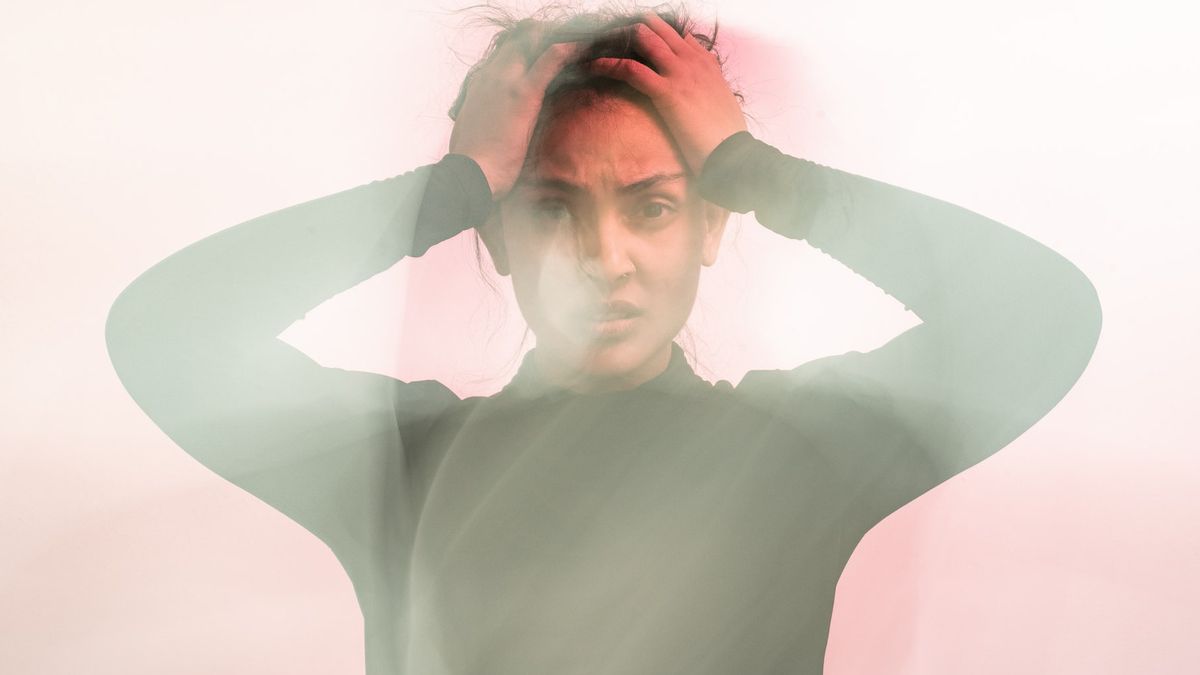YOGYAKARTA – Excessive anxiety can cause various physical symptoms. This is experienced by many people, therefore it is necessary to know why anxiety makes you feel dizzy and how to overcome it.
There are many techniques for managing anxiety, according to the HelpGuide. One of them is meditation and practicing mindfulness. But when it is not possible to cut time for meditation, one can perform the fastest technique. The technique involves one or more senses, including sight, sound, taste, smell, touch, or through movement.
Recognizing and controlling your breath is also a technique for relaxing. Try to take deep breaths, make you feel calmer.
In addition to the two techniques above, taking a break and enjoying the landscape around you can also help clear your mind. To quote VerywellMind, worrying about things that haven't yet happened, worrying too much, has a significant relationship with headaches.
According to research, those with anxiety disorders and especially generalized anxiety disorder are more likely to experience migraines and persistent headaches. This headache can become a chronic symptom if not immediately recognized and managed appropriately.

Anxiety and headaches are connected by three mechanisms. The first is called genetic predisposition which implies that a person is born with a tendency to anxiety and headaches. Second, anxiety is felt before the headache. This is experienced because there is an increase in muscle tension to experience sleep disturbances that worsen headaches.
Third, the researchers found that headaches cause anxiety triggered by instability and stress when experiencing unexpected conditions.
The most common symptom experienced, tension headaches occur when muscles contract and tighten in the head and scalp. This causes a dull pain or pressure on both sides of the head. It is usually felt on the scalp, temples, neck, and shoulders. This headache lasts between 30 minutes and even up to 7 days.
Actually, the symptoms of dizziness due to anxiety can be triggered by other factors. Such as experiencing pressure, dehydration, poor sitting posture or head position, dental problems, eye strain, and drinking too much caffeine.
Migraines are more common in women than men. These attacks go through phases, lasting from 4 to 72 hours or more. Well, dizziness due to anxiety also triggers other physical symptoms, including nausea and vomiting, feeling tired, sensitive to light and sound, and experiencing visual disturbances.
For the reasons above, why it is important to practice relaxation techniques. This means that you can find the right way to relax more and your headache will gradually recover. If it does not heal with relaxation techniques and is experienced repeatedly, it is advisable to consult a professional to get the most appropriate recommendation.
The English, Chinese, Japanese, Arabic, and French versions are automatically generated by the AI. So there may still be inaccuracies in translating, please always see Indonesian as our main language. (system supported by DigitalSiber.id)









